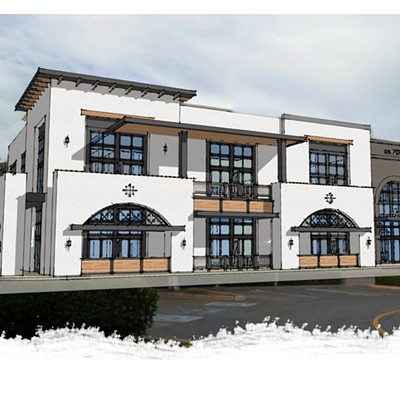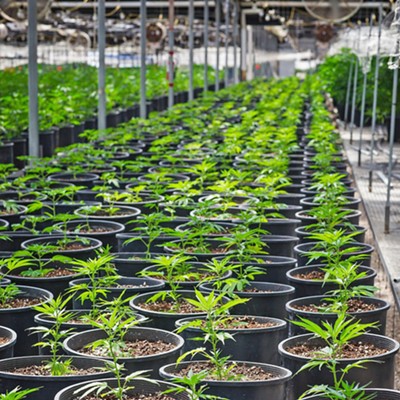• U.S. Rep. Salud Carbajal (D-Santa Barbara) highlighted $850,000 he helped secure in the 2024 federal budget to build a 1.2 mile bike and pedestrian path adjacent to Highway 227 in San Luis Obispo, according to an April 25 statement from Carbajal’s office. The funding is set aside to help complete segments two of the Edna Valley Trail, a project overseen by the San Luis Obispo Council of Governments (SLOCOG). The new trail will connect neighborhoods along the corridor to Los Ranchos Elementary School and retail and commercial zones along Highway 227. The Edna Valley Trail is part of the Juan Bautista de Anza National Historic Trail, a 1,200-mile route from Nogales, Arizona, to San Francisco that commemorates the 1775-76 expedition led by Lt. Colonel Anza to settle Alta California. “I’m thrilled to bring $850,000 in federal funding to San Luis Obispo to fund a new bike and pedestrian path along state route 227,” Carbajal said in a statement. “This new project will complete segments 6 and 7 of the Edna Valley Trail which connects our neighborhoods to local schools, retail shops, and commercial areas all along the route—giving residents the ability to travel around their community while enjoying the Central Coast sun and fresh air.”
• U.S. Sen. Alex Padilla (D-California) applauded the Biden administration’s announcement of the first-ever national goal to transition to a zero-emission freight sector for the truck, rail, aviation, and marine industries, along with a commitment to develop a national zero-emission freight strategy. This whole-of-government strategy includes new federal investments, continued engagement with stakeholders on zero-emission freight infrastructure, and forthcoming action plans for each freight segment. The administration also announced a nearly $1 billion funding opportunity through the Inflation Reduction Act for cities, states, and tribes to replace polluting heavy-duty vehicles (HDVs) with zero-emission vehicles; support infrastructure to charge, fuel, and maintain zero-emission HDVs; and advance workforce development and training to facilitate the transition. At least $400 million of the program’s funding will serve communities dealing with significant air pollution, such as those near California’s freight hubs. Transportation is the leading source of greenhouse gas and air pollution in the United States, accounting for more than a quarter of all greenhouse emissions nationwide. Despite California’s leadership and significant progress in reducing carbon emissions, the transportation sector and federally controlled pollution sources are still the largest source of air pollution in California cities. “California’s ports and freight system move the goods that fuel our national economy, yet it’s our local communities that bear the burdens of the poor air quality and harmful climate impacts that come with goods movement,” Padilla said in a statement. “I applaud the administration for following through on their obligation to reduce air pollution and advance environmental justice, and for building upon California’s leadership to slash emissions along goods movement corridors.”
• Gov. Gavin Newsom announced that the state has awarded more than $100 million for 33 tribal land projects, according to an April 26 statement from Newsom’s office. As part of the Newsom Administration’s Native American truth and healing process, Newsom has worked collaboratively with tribes to establish the historic Tribal Nature-Based Solutions grant program. Designed to support tribal priorities as determined by the tribes themselves, grants can be used for ancestral land return, restoration, workforce development, implementation of traditional ecological knowledge and tribal expertise, habit restoration, and climate and wildfire resilience projects. “These awards are an acknowledgment of past sins, a promise of accountability, and a commitment to a better future—for the land and all its people, especially its original stewards,” Newsom said in a statement. “Only through partnership with California Native American tribes can we address the climate and biodiversity crisis and build a healthier California.”









